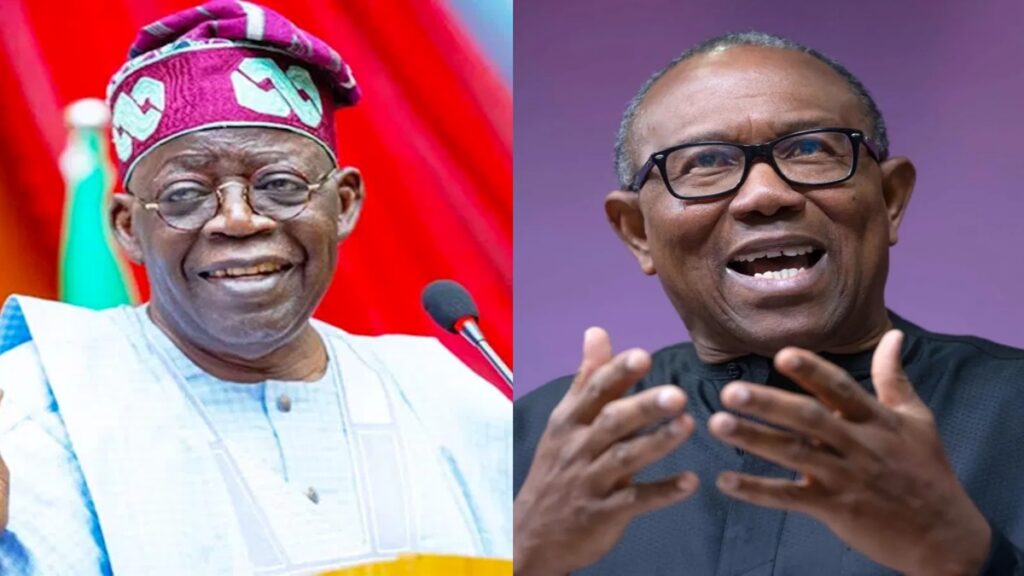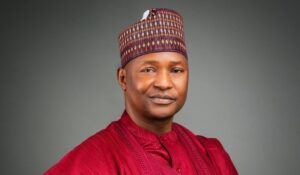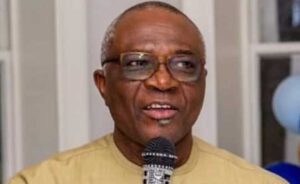
Former Labour Party (LP) presidential candidate, Peter Obi, has strongly criticised President Bola Ahmed Tinubu, accusing his administration of feeding Nigerians with manipulated economic data to conceal the country’s worsening economic conditions.
Obi, in a statement posted on his official X handle on Monday, referenced a campaign remark made by Tinubu during the 2022 presidential electioneering in Delta State, where the then-All Progressives Congress (APC) candidate reportedly dismissed Obi’s emphasis on data and governance metrics.
“In November 2022, while campaigning in Delta State, the then APC presidential candidate, Bola Tinubu, now the President, berated the other presidential candidate—he was ashamed to call his name—saying ‘Na statistics we go chop? All I want is to put food on the table of Nigerians,’” Obi recounted.
Obi argued that, contrary to Tinubu’s promises, Nigerians are now grappling with widespread hunger and economic hardship, with the country ranked among the hungriest nations in the world.
“Now, two years into his 4-year tenure, Nigeria is classified as one of the hungriest nations in the world, with millions of Nigerians not knowing where their next meal will come from,” he said.
Read Also: Tinubu promises to address diaspora issues
The former Anambra State governor further accused the current administration of relying on “wrong statistics” to create a misleading image of economic progress.
“President Tinubu is now overfeeding Nigerians with wrong statistics—from wrong unemployment figures, wrong inflation figures, and now GDP debasing—all to put a positive spin on our deteriorating economic and household conditions,” Obi stated.
Reiterating his philosophy on governance, Obi maintained that effective leadership is rooted in integrity and competence, not propaganda.
“Governance is not a rock science, it’s not a gamble. Like I have always reiterated, it requires sincerity of purpose, character, competence, capacity, and compassion,” he added.
Obi’s comments come amid growing concerns from citizens and economic analysts about rising inflation, food insecurity, and a weakening naira, all of which continue to compound the cost of living crisis in the country.






